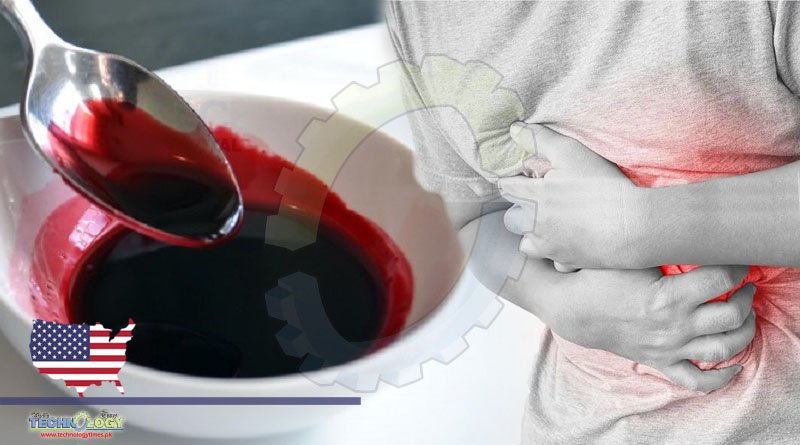Allura Red can be found in a variety of processed foods such as candies, snack foods, soft drinks, dairy products, and cereals.
In a recent study, researchers looked into the effects of “Allura Red,” a common red food dye, on intestinal inflammation and whether it could cause inflammatory bowel disease (IBD) and colitis.
They discovered that chronic, but not intermittent, consumption of Allura Red caused mild intestinal inflammation in mice using an animal model. The researchers hope that their findings will raise consumer awareness about the potential dangers of food dyes.
Chronic inflammation of the gastrointestinal tract characterizes inflammatory bowel disease (IBD). There were approximately 6.8 million cases of IBD worldwide in 2017. In 2015, 1.3% of adults in the United States — approximately 3 million people — had IBD.
Accumulating evidence according to a reliable source, diet plays a significant role in the development of IBD. Food additives like titanium dioxide, which is used to give foods an opaque, white color, have been shown in studies to alter the gut microbiome and intestinal function.
Researchers assessed the effects of the red food dye “Allura Red” (AR), one of the most widely used Trusted Source food colorants worldwide, particularly in the United States, in a recent study.
The researchers discovered that mice exposed to AR as children were more susceptible to colitis, a chronic condition characterised by inflammation of the colon’s inner lining. The findings also revealed that chronic AR exposure caused mild colitis. The findings of the study were published in Nature Communications: A Trusted Source.
Bezzy IBD offers meaningful peer connections, sympathetic ears, and practical ideas for living well—all inspired by guides and members who truly understand what it’s like to have inflammatory bowel disease.
Western diets high in additives, fats, red meat, and sugar, combined with a low fiber intake, are known to cause chronic intestinal inflammation. Food additives, emulsifiers, and synthetic colorants are widely used to improve food texture, preservation, and appearance.
Allura Red can be found in a variety of processed foods such as candies, snack foods, soft drinks, dairy products, and cereals such as Skittles, Strawberry Fanta, Doritos Nacho Cheese Tortilla Chips, and Froot Loops.
For the study, the researchers investigated the effects of several common food colorants on serotonin production, including AR, Brilliant Blue FCF, Sunset Yellow FCF, and Tartrazine Yellow.
While all of the colourants increased serotonin secretion, AR had the most pronounced effect. They investigated AR further in mice fed different diets for 12 weeks:
Red Food Dye AR intake was calculated using human acceptable daily intake levels. Colitis was induced seven days after the diet by exposing the subjects to a chemical. They discovered that intermittent exposure to AR, which is most similar to human exposure, did not increase the risk of colitis.
Mice that consumed AR daily did not develop mild colitis, but did have elevated serotonin levels and worse intestinal nutrient absorption. The researchers found similar effects occurred whether AR was consumed in food or water. They noted that this means that AR affects gut microbiota via the serotonergic system.
The study’s findings were generated in mouse models of colitis, and it is not known whether the same results would be found in humans. Dr. David Fudman, assistant professor of medicine at the University of Texas Southwestern Medical Center, says we must be cautious in interpreting animal data.
Study finds that a common synthetic food dye is a possible dietary trigger for some types of inflammatory bowel disease. Still, Dr. Fudman notes that animal research is important to determine areas for further human study.
“This research is a significant advance in alerting the public on the potential harms of food dyes,” lead author Waliul Khan says. Dr. Khan also mentioned that the literature suggests that consuming Allura Red may have other negative health effects. Dr. Khan went on to say that Allura Red could help with allergies, immune disorders, and behavioural issues in children, such as attention deficit hyperactivity disorder (ADHD).
Dr. Fudman went on to say that there is growing evidence that dietary exposures contribute to the development of IBD. “This data should spur further research into whether this food additive plays a role in the development of IBD in humans,” Dr. Fudman concluded.
